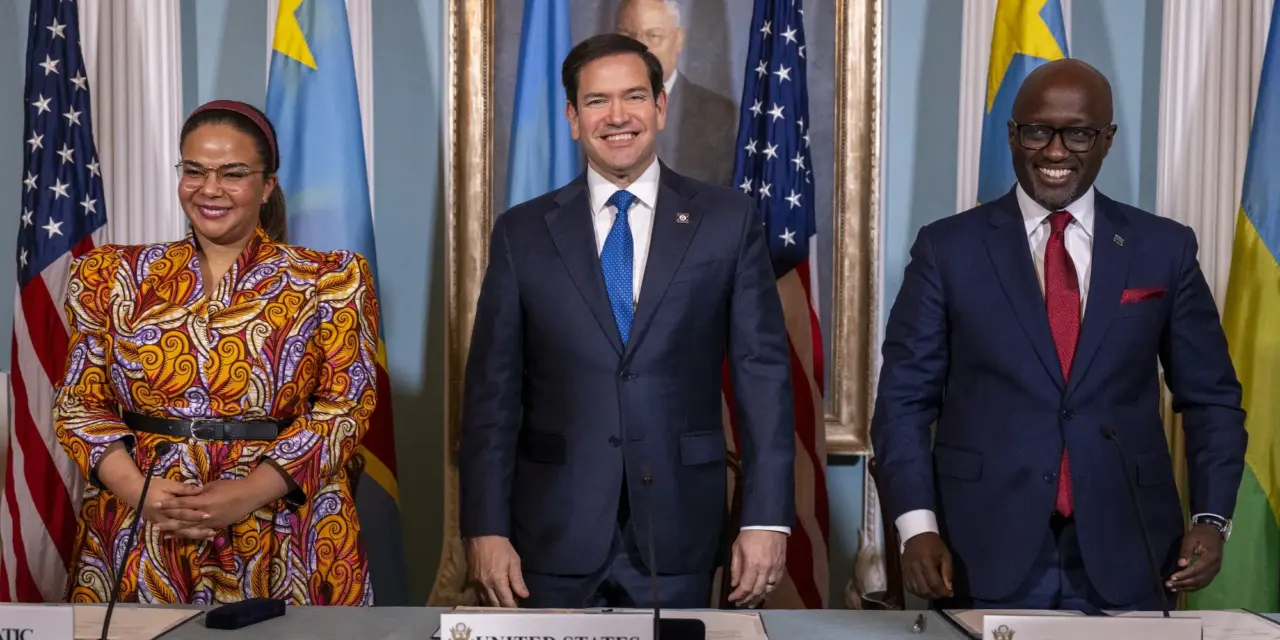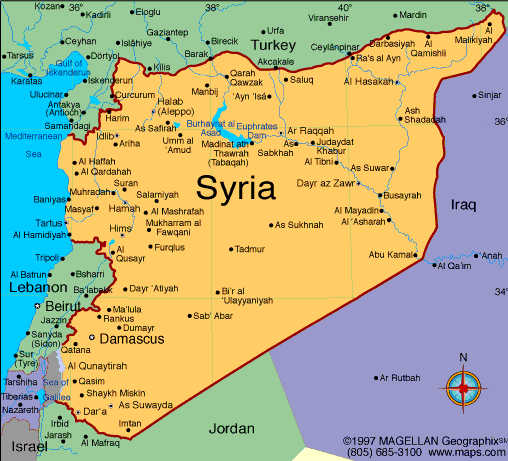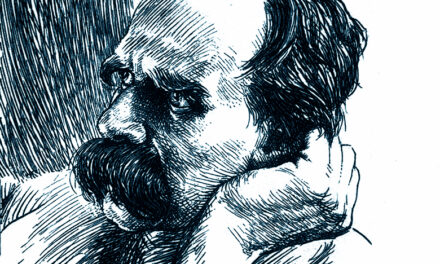I’d like to celebrate one small bit of good news in an ocean of traumatizingly bad news, but I feel like the peace agreement between Rwanda and Congo is a fraud, just like everything else the Trump administration touches. For starters, let’s look at an admission from Trump:
“I’m a little out of my league on that one because I didn’t know too much about it,” Mr. Trump said of the conflict between Rwanda and Congo. “I knew one thing: They were going at it for many years with machetes, and it is one of the worst, one of the worst wars anyone’s ever seen.”
I’d like to give Trump credit for a rare bit of honesty and humility here, but that’s not possible because he wants to cast himself as the genius behind the whole agreement. What’s more, his interest is manifestly not in saving African lives, about which he has a callous disregard.
Mr. Trump also indicated that the United States would be gaining access to critical minerals in Congo. “They’re so honored to be here,” Mr. Trump said. “This is a very tough part of the world.”
Congo is the world’s top cobalt supplier, and Chinese companies are the biggest miners and buyers.
I’m enough of a realist to understand that there’s some benefit to having mineral rights in Congo, especially at the Chinese’s expense, and if these can be obtained by promoting peace rather than war and conflict, then so much the better. Of course, I’m not sure Congo is getting an honorable deal here either with the United States or their adversaries.
The bigger problem is Secretary of State Marco Rubio, who has been overseeing the deal, just had a big signing ceremony at the State Department to celebrate peace, and yet the agreement doesn’t really bring peace.
On the ground, the war shows no sign of reaching an end.
And while the Trump administration has been praised for taking a lead role in trying to resolve one of the world’s deadliest and longest-running conflicts, the agreement is largely seen as just one piece of what will need to be a much broader effort.
The deal leaves out many of the conflict’s key protagonists. These include M23, but also Uganda and Burundi, which like Rwanda have troops in eastern Congo.
M23 occupies large tracts of the eastern provinces of North and South Kivu, where it is in the process of establishing parallel administrations. An early draft of the Washington-brokered deal, seen by The New York Times, worked on the assumption that separate peace talks between Congo and M23, hosted by Qatar, had already resulted in a deal and M23 giving up power. But this has not yet happened.
“It seems the U.S. deal will largely leave the entire M23 question mostly unaddressed,” said Liam Karr, the Africa team lead at the American Enterprise Institute’s Critical Threats Project. Leaving the issue to the Qatar talks, he added, was “a pretty big risk, because if questions about M23’s control of territory, eventual integration and status as a legal party aren’t addressed, they will continue to fight the D.R.C. government and allied groups.”
Don’t get me wrong. This may be a needed step on the way to peace, and if it has flaws that’s to be expected. But it seems the flaws here are substantial enough that calling this a peace agreement and celebrating an end to the conflict is very premature.
Like so much of Trump’s foreign policy, it’s more bluster and boasting than substance, and it’s purely transactional. The next thing to look at is what kind of opportunities for corruption this will open up, because just as Trump puts mining rights over human rights, he puts money for himself over money for America.







